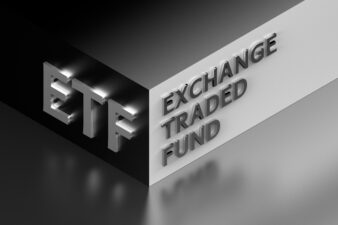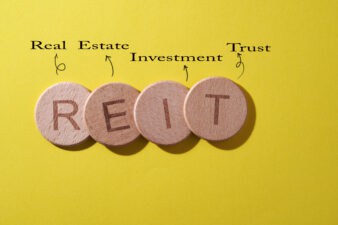FIRE has been a popular lifestyle among millennials for about a decade. It’s the acronym for “financial independence, retire early.” It’s simple to understand why it has gained traction. Who doesn’t want to retire early and do what they want?
There are different FIRE adaptations. One form is the Lean FIRE, which refers to the ability to retire on a small amount of assets by living a frugal retirement. Another form is the Fat FIRE, which refers to retiring on a large accumulation of assets to live comfortably on the generated passive income.
Some FIRE followers are going to the extreme and saving as much as 75% of their disposable income! This kind of frugal living might work if you manage to pay low rent, such as getting a roommate or living with parents, but it’s not for everybody. Financial planners encourage savings of 10-20% of one’s income. So, if you’re able to save 30-50% of your income regularly, you’re doing well.
Here are a couple more tips to help you retire early.
Be smart in using credit cards
I got my first credit card when I was going through university for the convenience of making payments. I must thank my parents for teaching me to always pay my credit card balance in full every month. It can be tempting to just pay back the minimum balance that the credit card company asks for, but if you read the small print, paying the minimum balance would lead to years of repaying what you owe. That’s because credit card companies typically charge interest rates of close to 20%. The best credit card I can find right now is one that charges a 13.99% interest rate from CIBC.
The average long-term market rate of return is about 10%. So, you’re better off paying off your credit card balance before investing in the stock market.
It’s great that credit cards provide different rewards. Personally, I like to keep things simple with cashback credit cards. However, you can enjoy credit cards that give travel or gas rewards. RBC Rewards gives points on your purchases that can be used to redeem merchandise and gift cards. Use your credit cards smartly. Don’t spend for the rewards. Spend your hard-earned money on items you need and reap the resultant rewards.
Prioritize your loan payments
A friend of mine likes to pay off their loans in a balanced way. Obviously, they have to pay down their mortgage every month, but other than that, they like to pay off a portion of their personal lines of credit and credit cards instead of paying off their credit cards first. I failed to convince them, but I hope I have convinced you to prioritize your loan payments.
Aim to pay off high-interest loans (i.e., credit cards) before lower interest loans like personal lines of credit. You’ll end up saving more money from lower interest expenses paid.
The Foolish investor takeaway
If you want to reach financial independence and retire early, borrow smartly. Always spend what you need on your credit cards and reap their rewards, but remember to pay back in full every month to prevent having to pay interest.
Obviously, if you have a mortgage, you need to make payments regularly, according to the predefined schedule. Other than that, aim to pay back high-interest debt (i.e., credit cards) first. Aim to save at least 30% of your disposable income and make wise stock investment decisions for long-term wealth creation.







